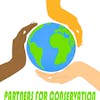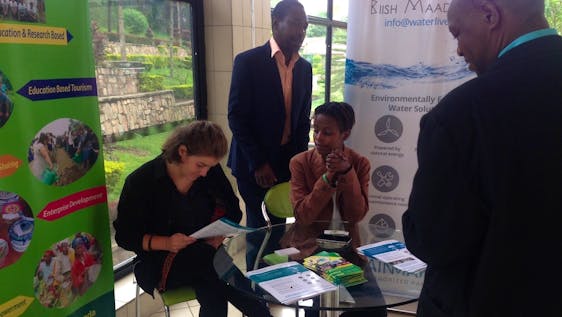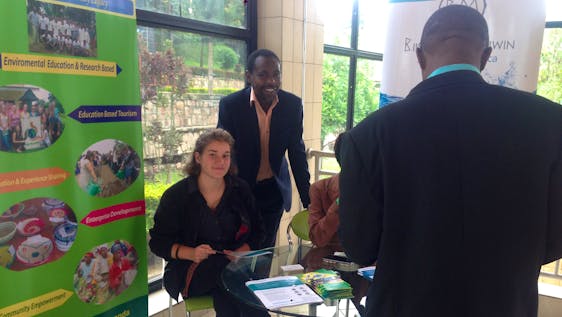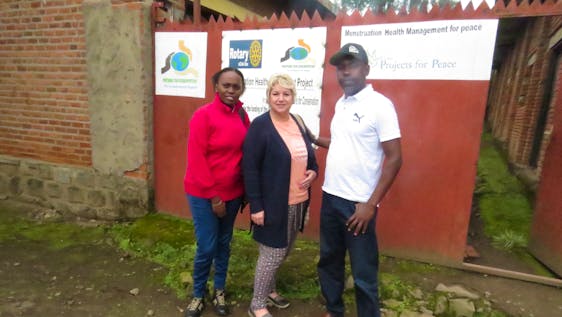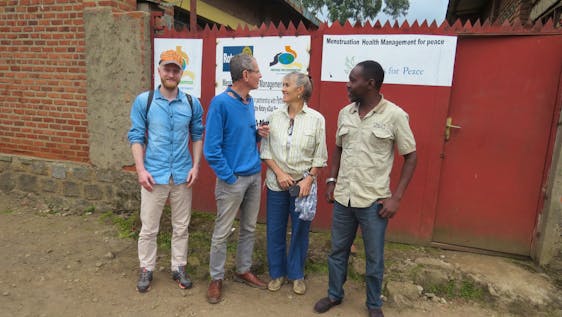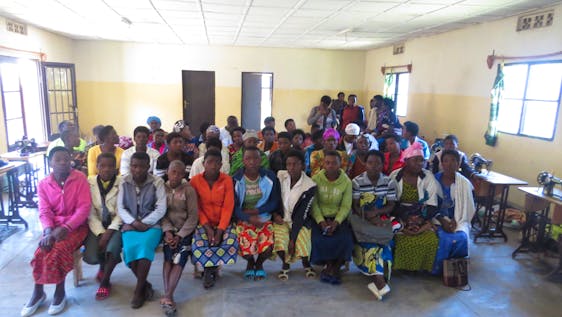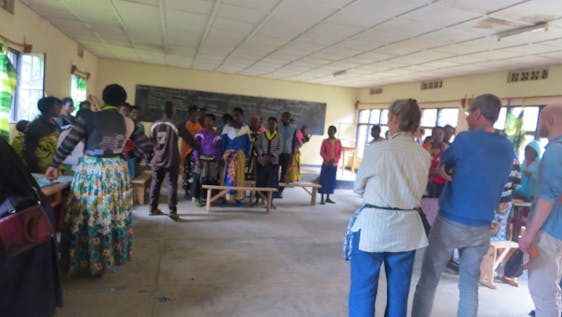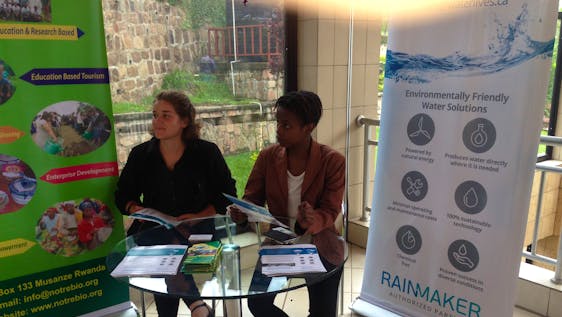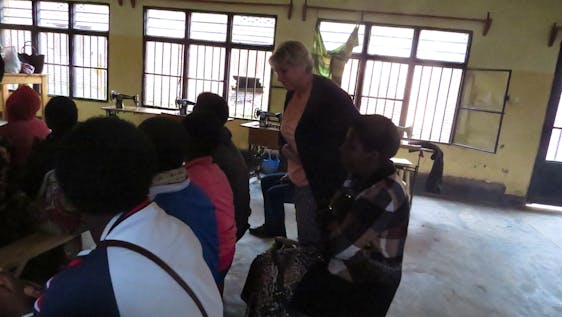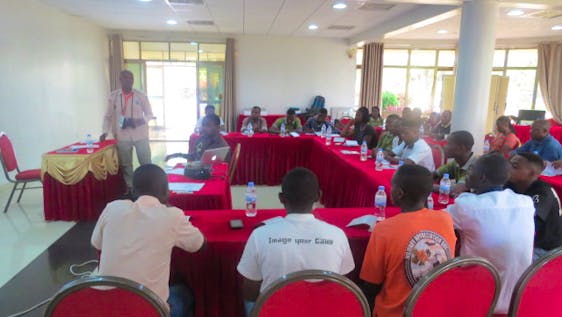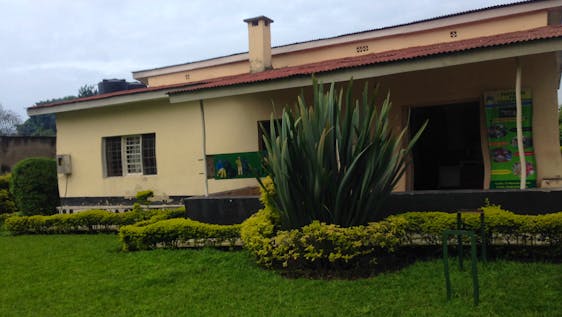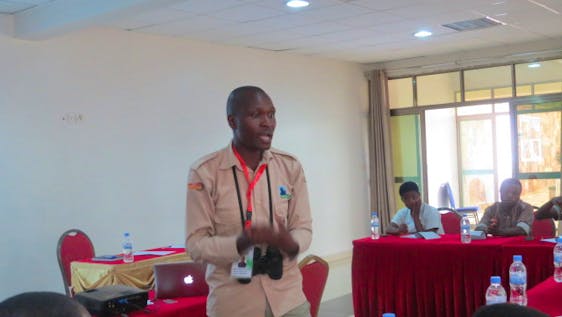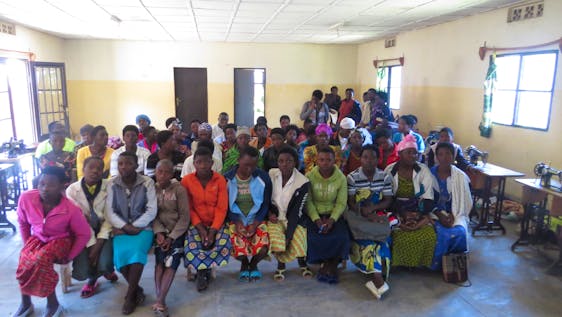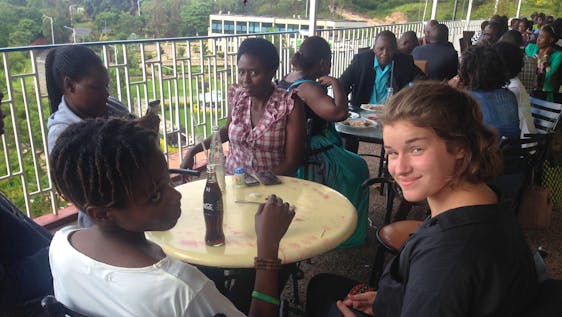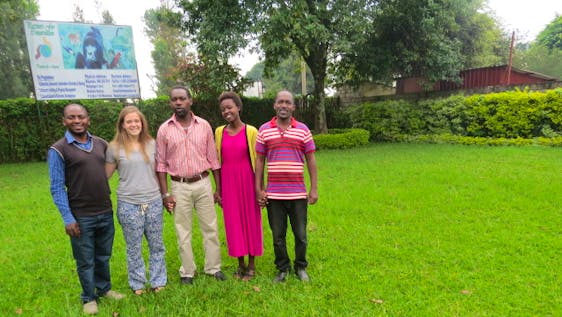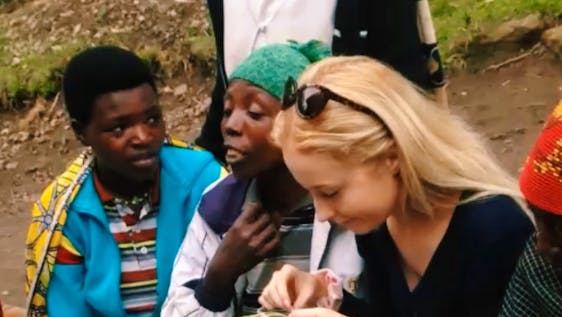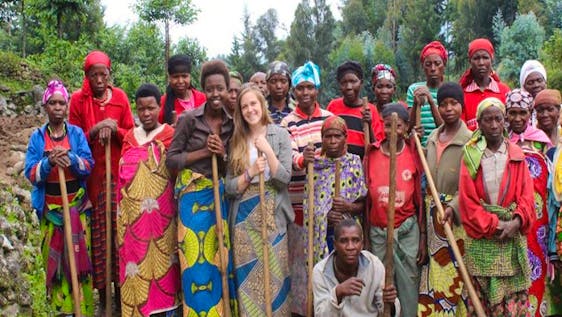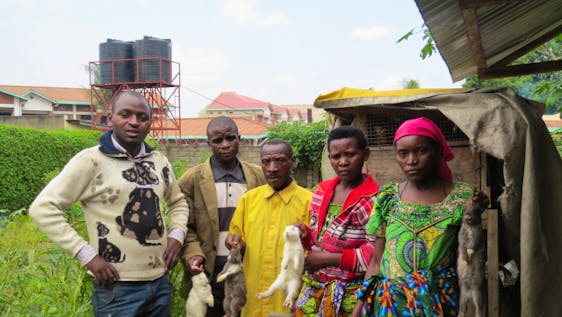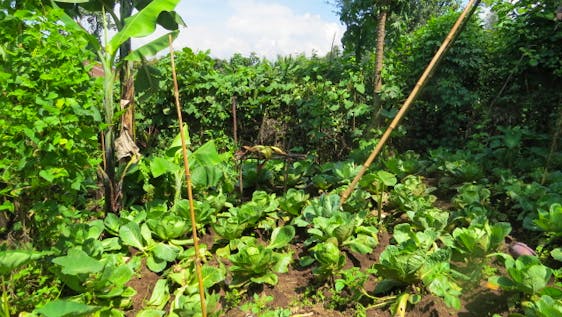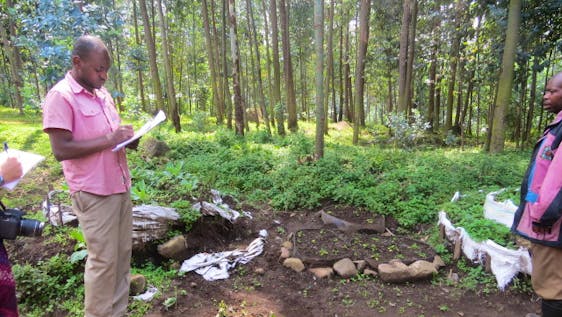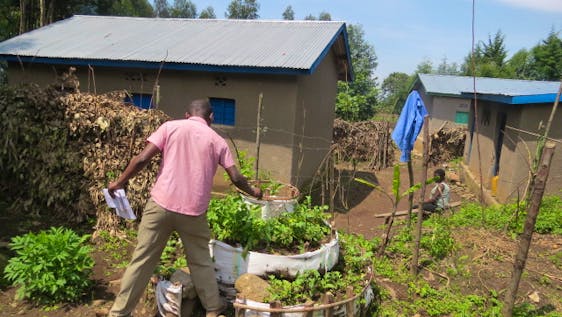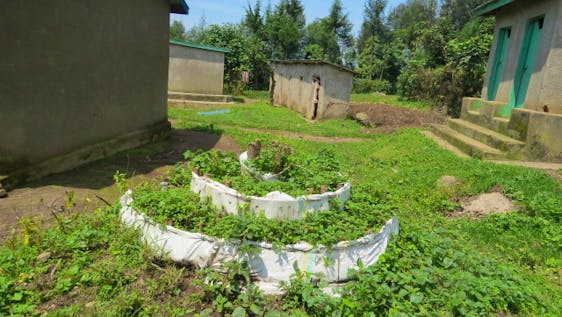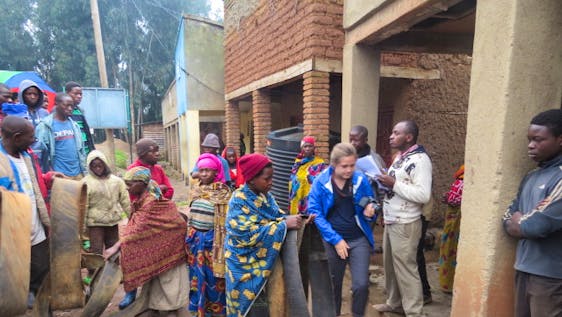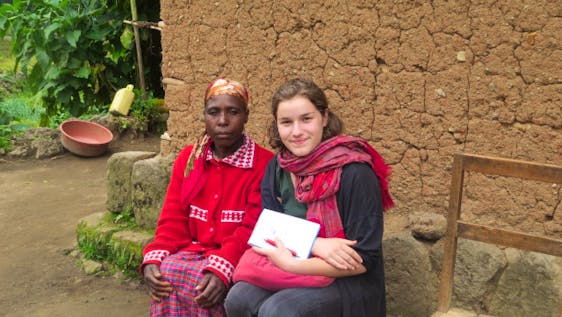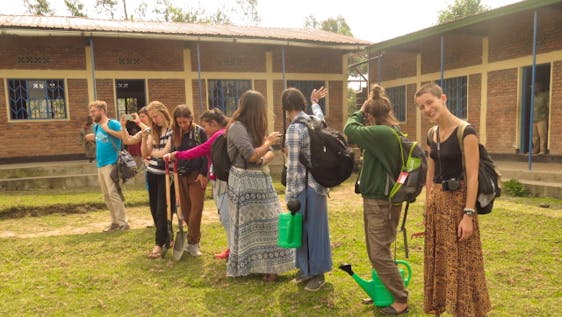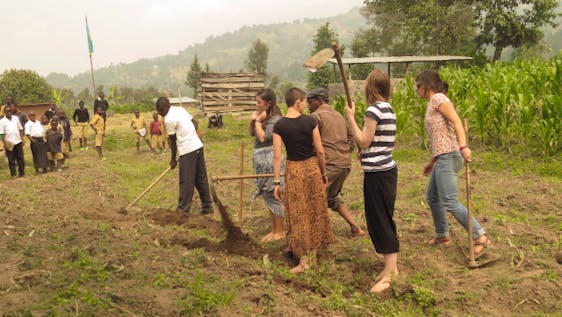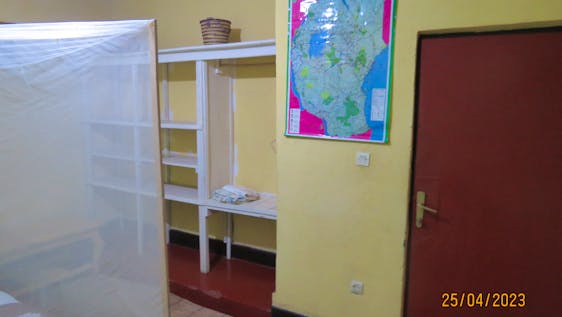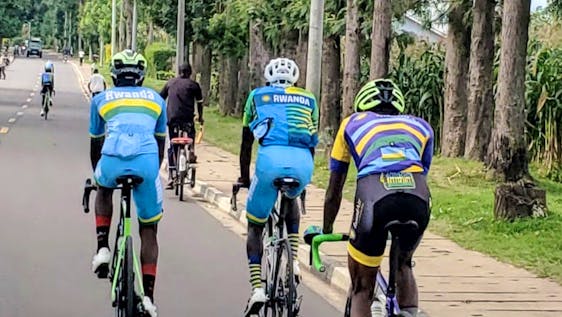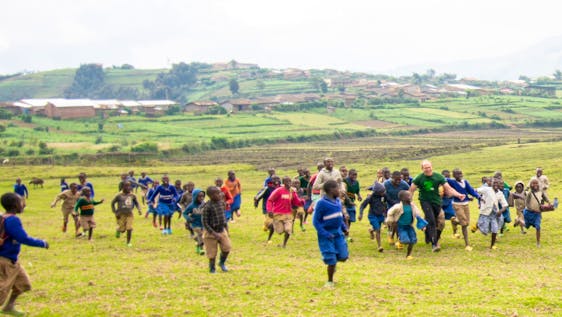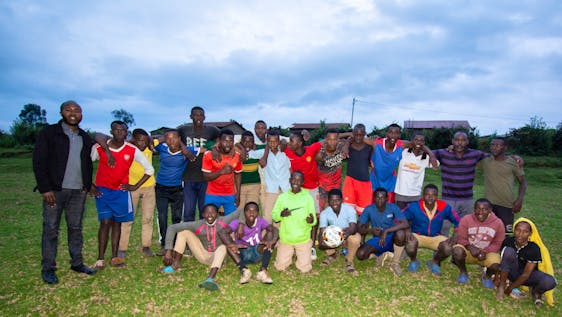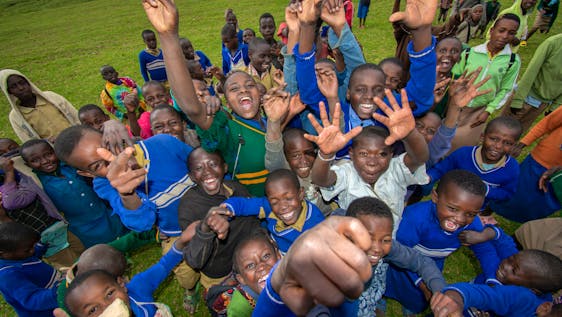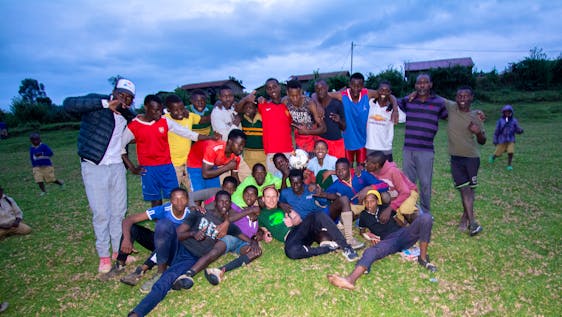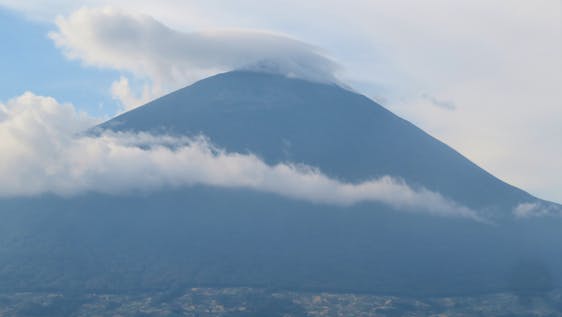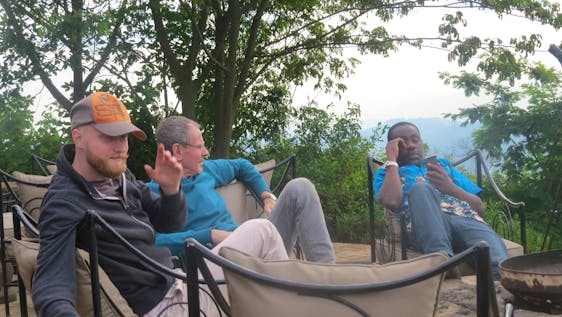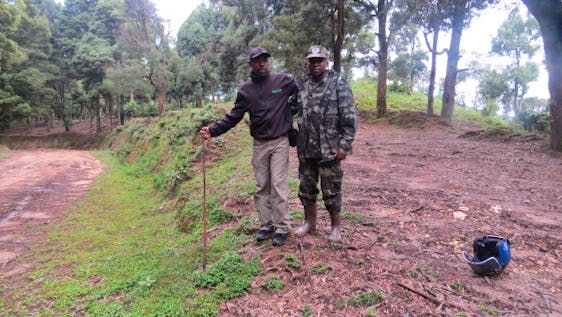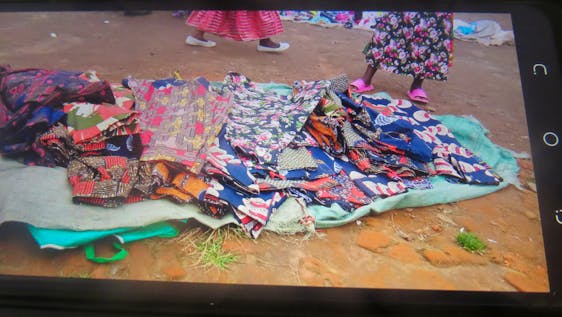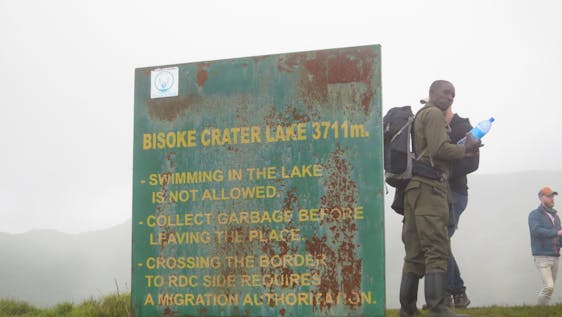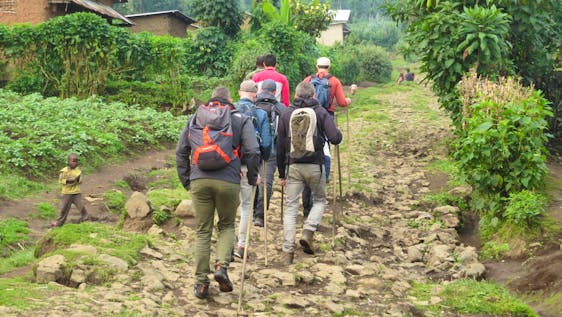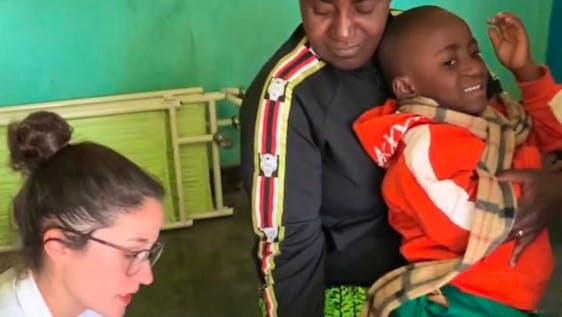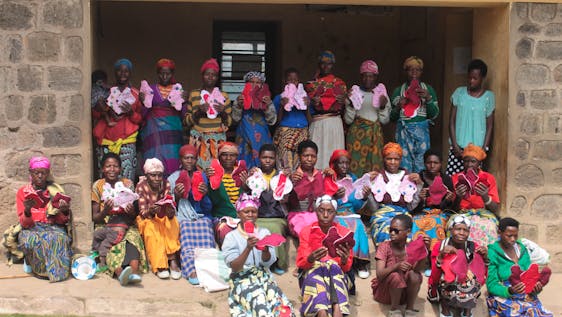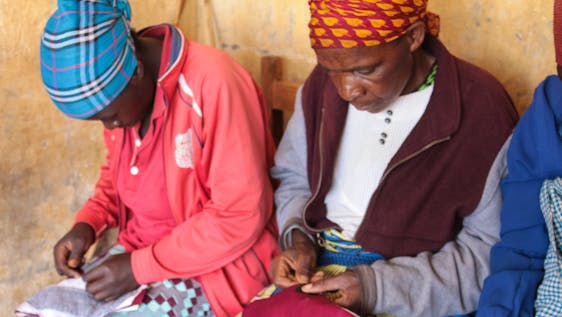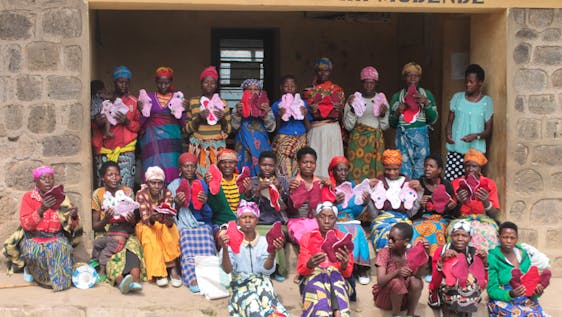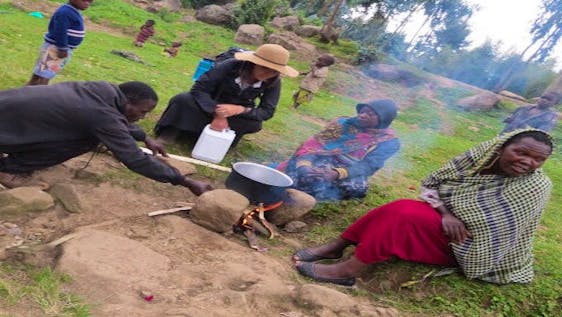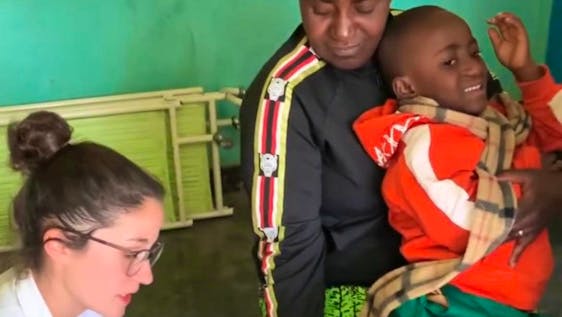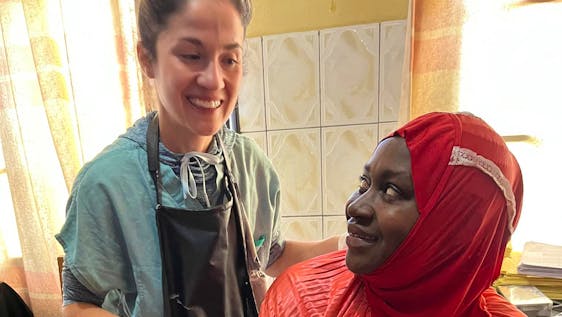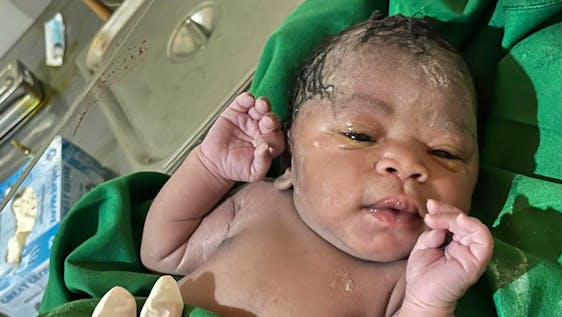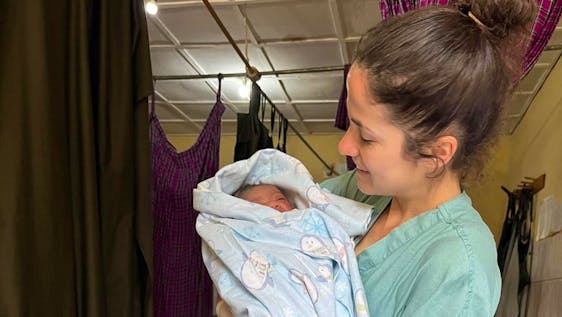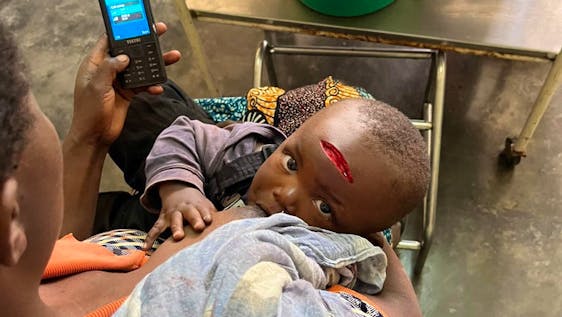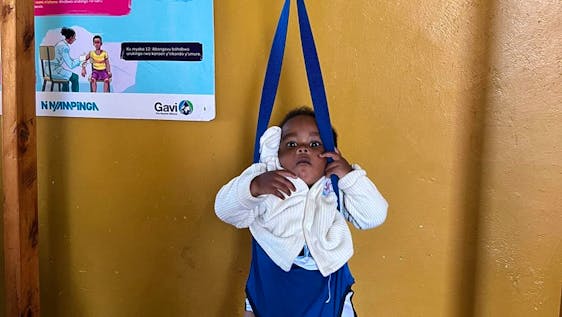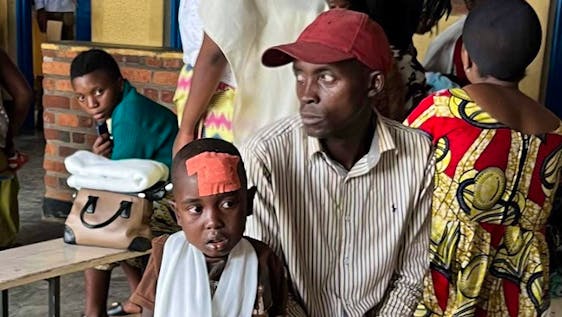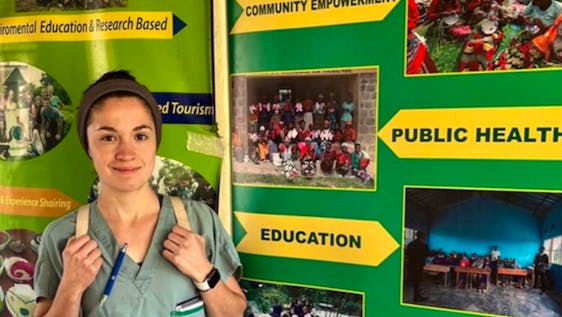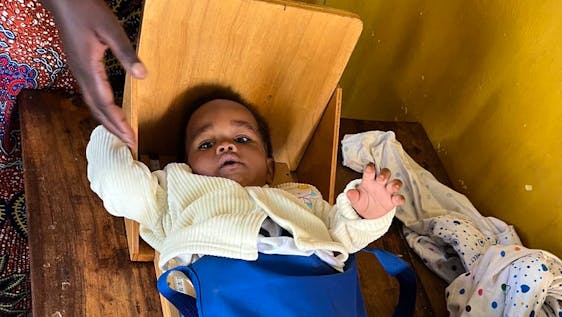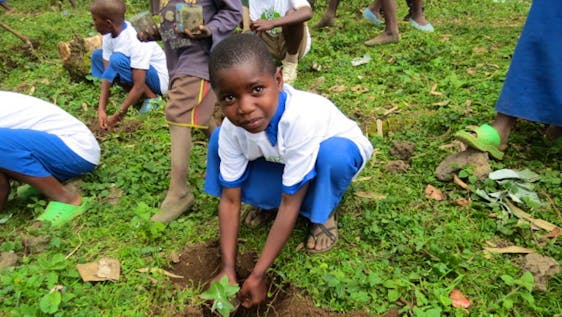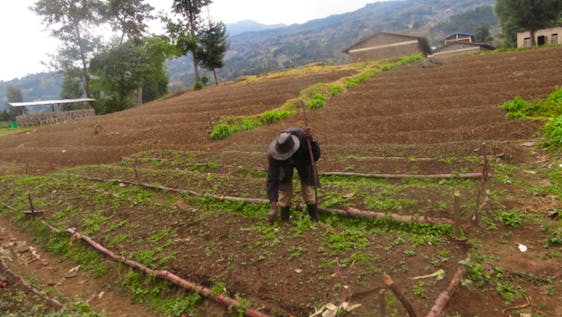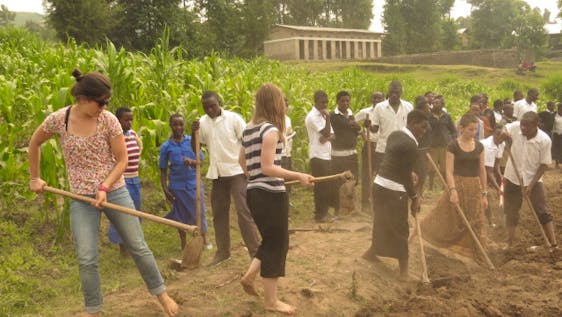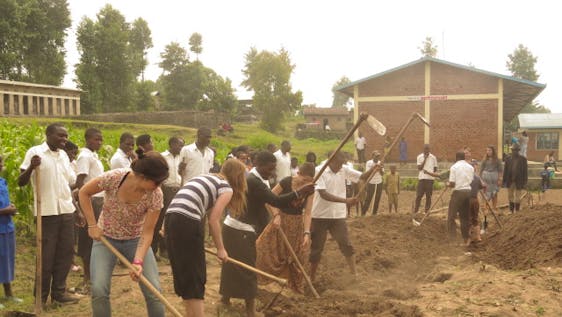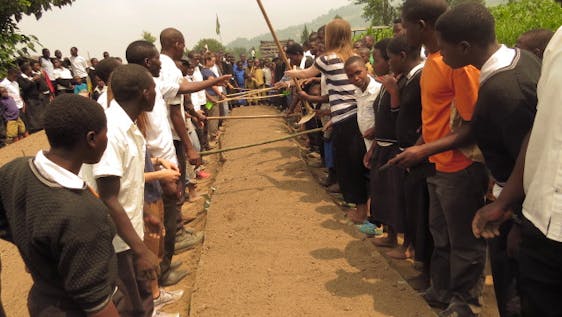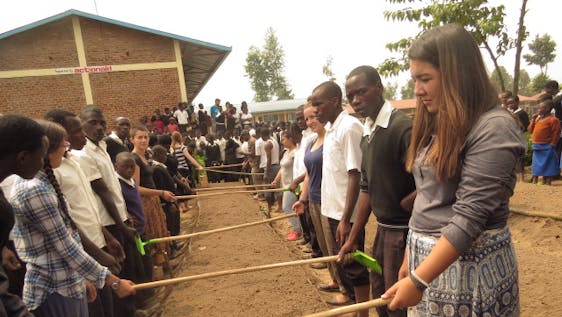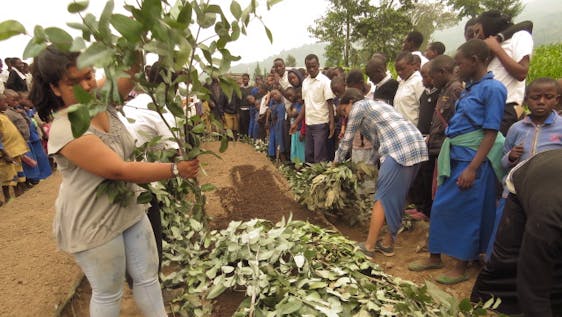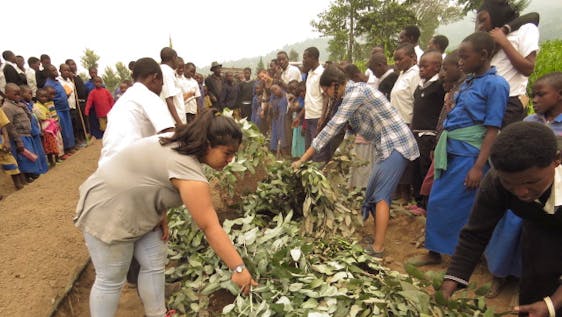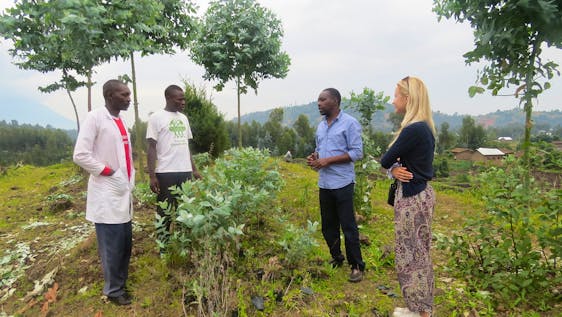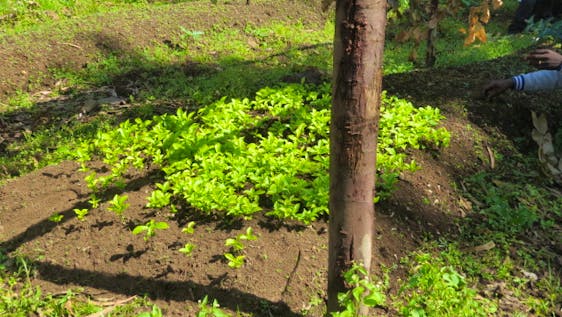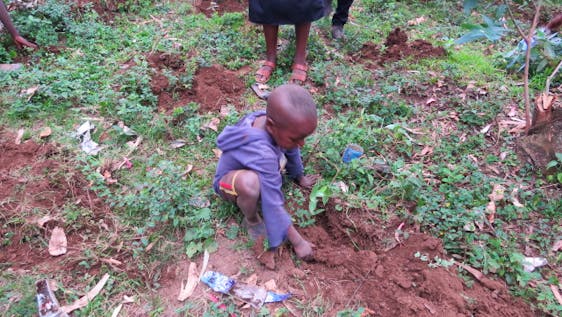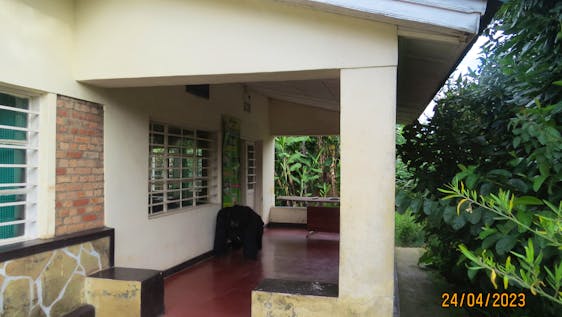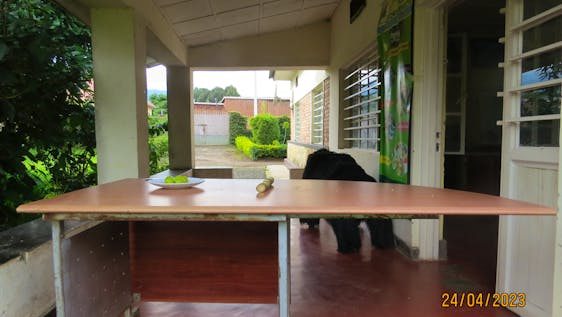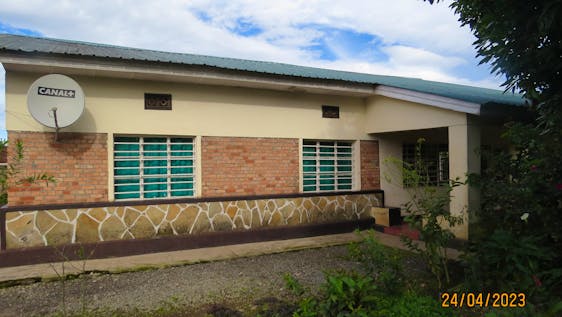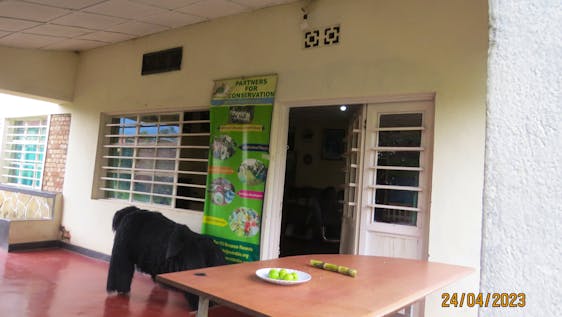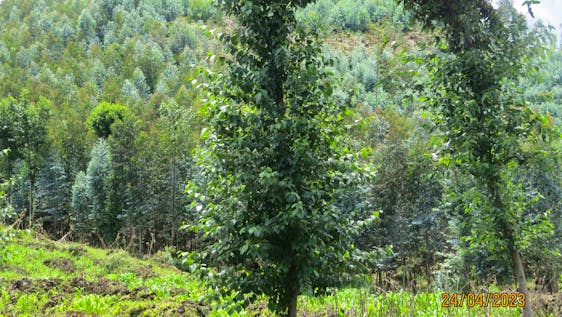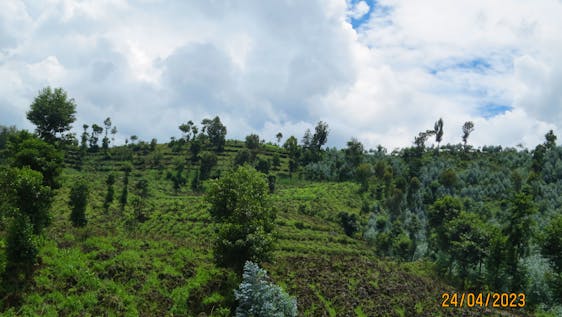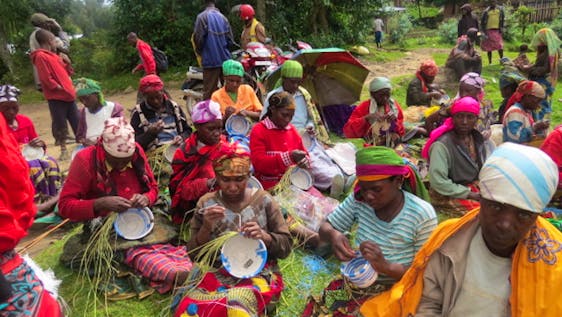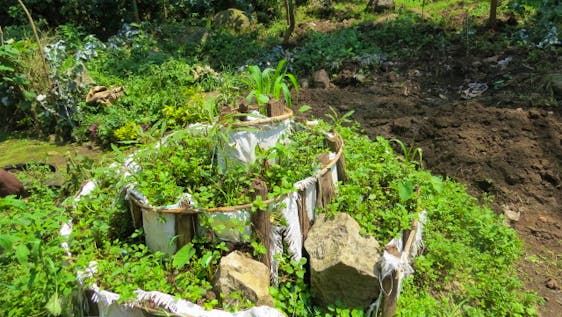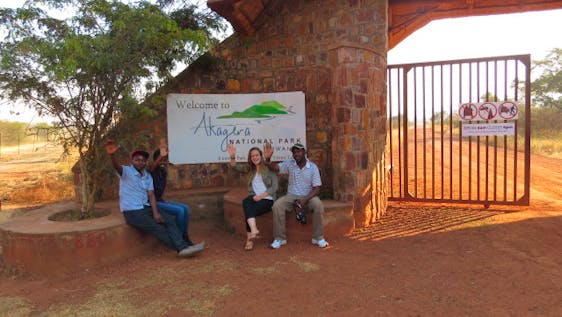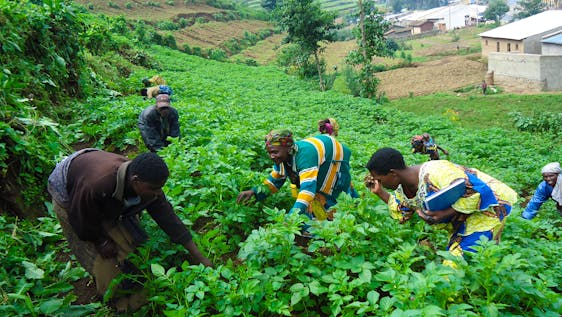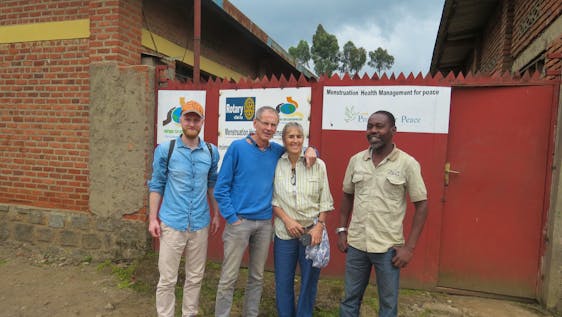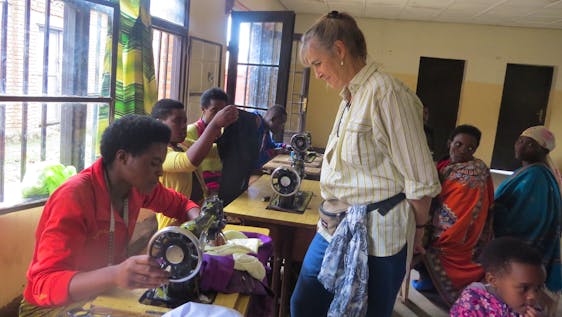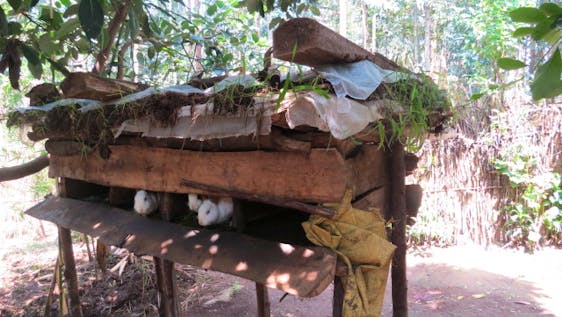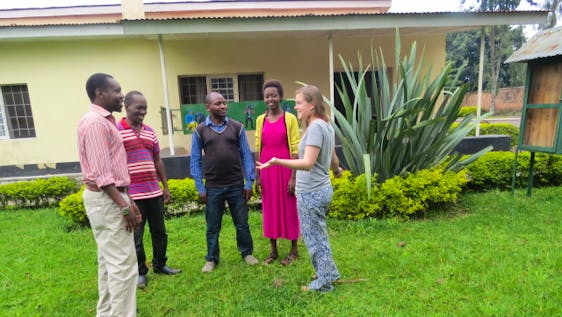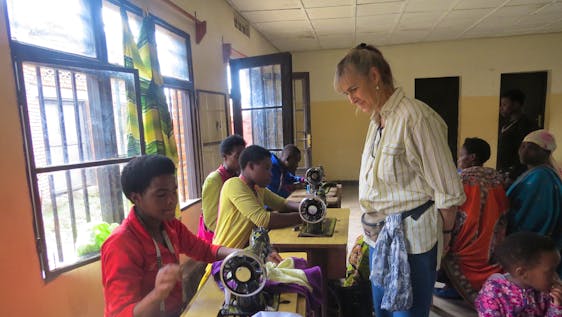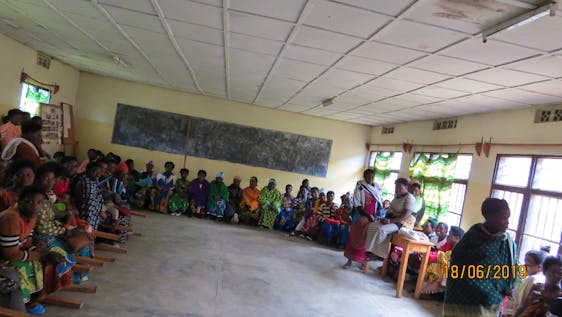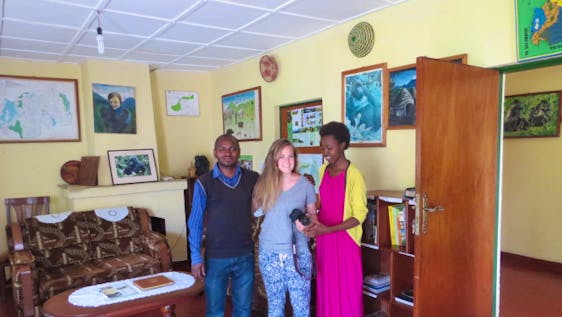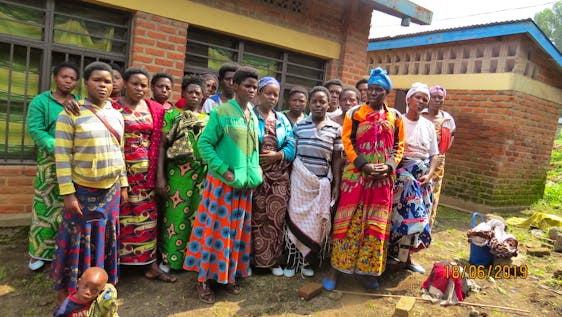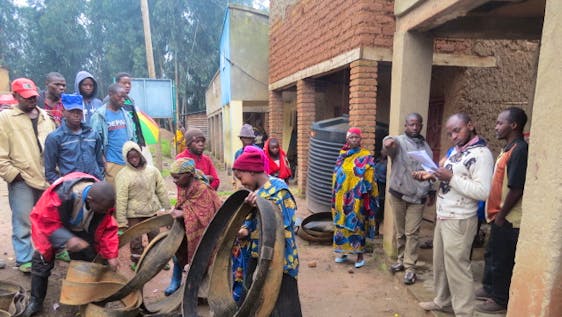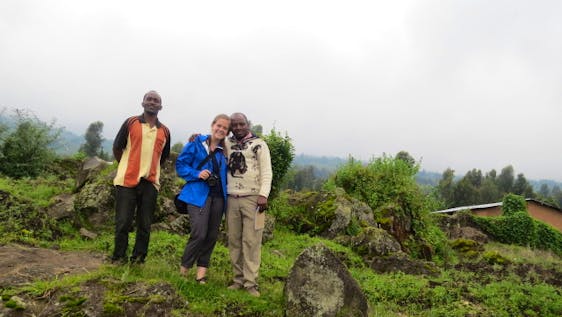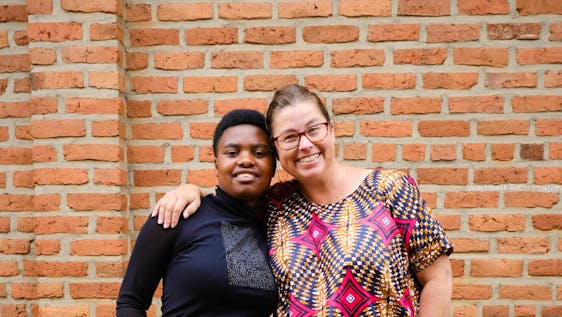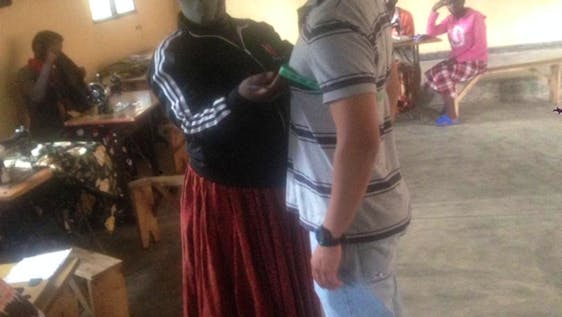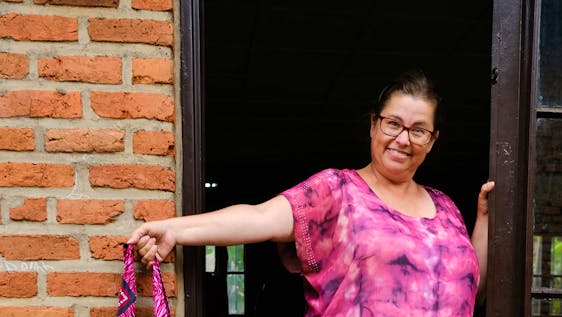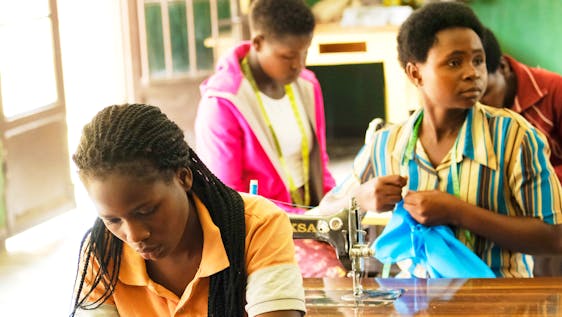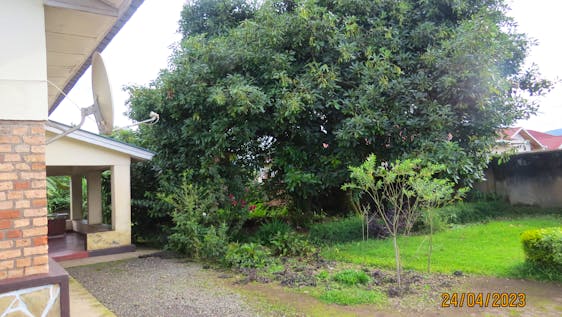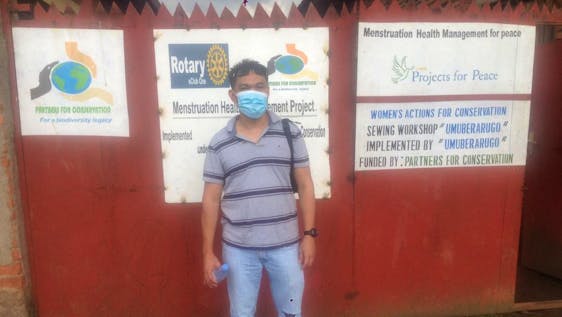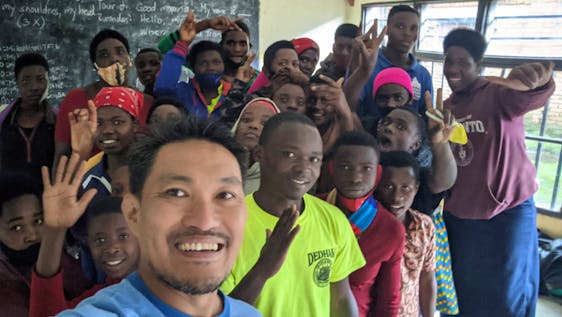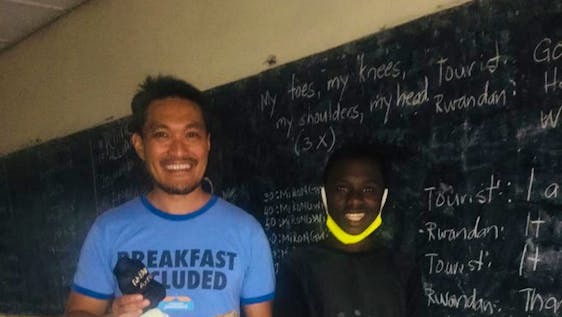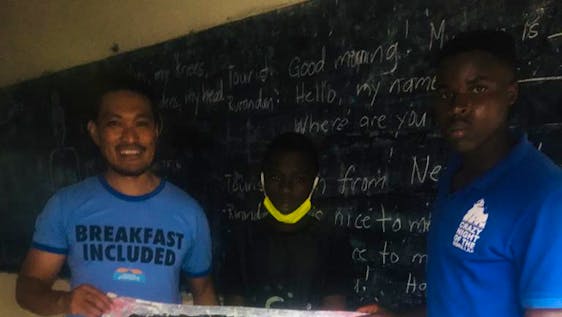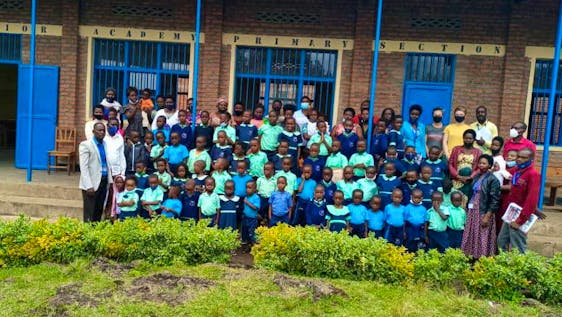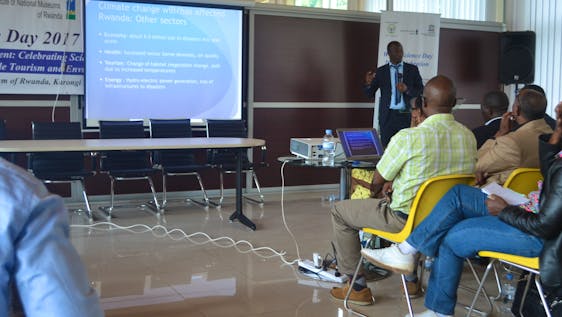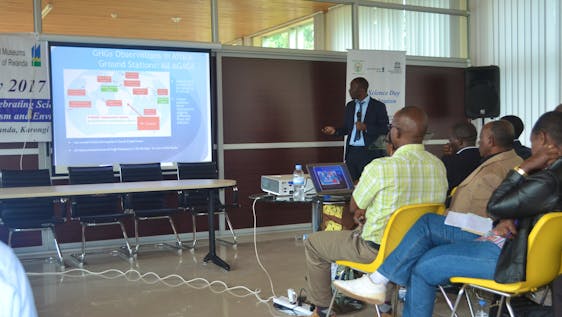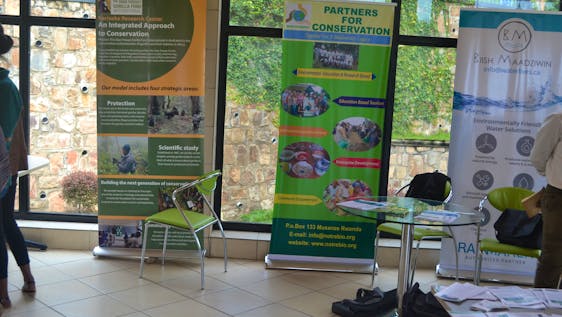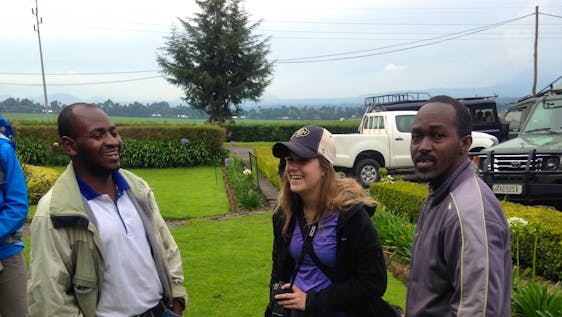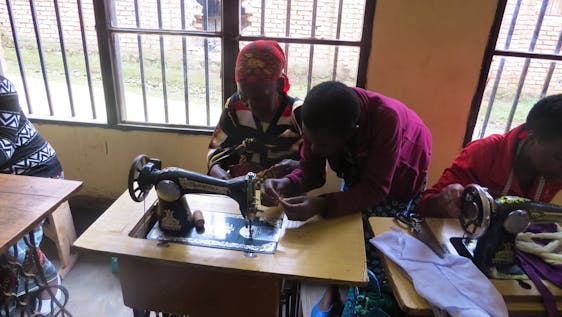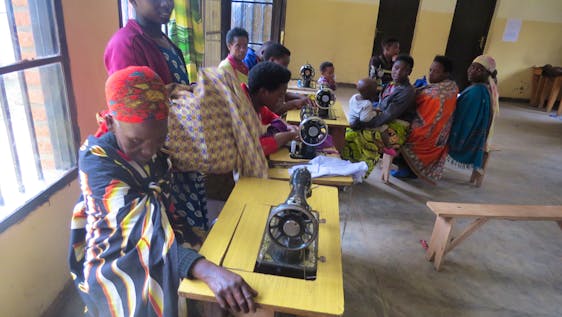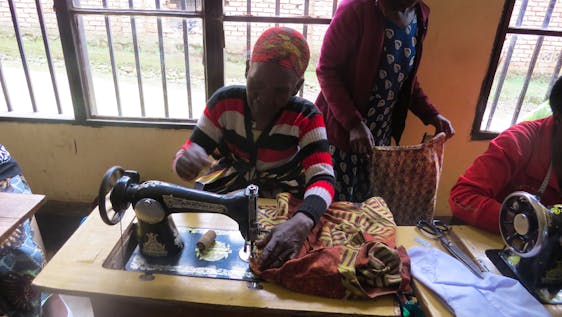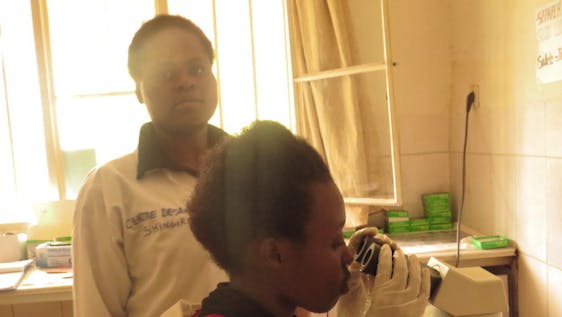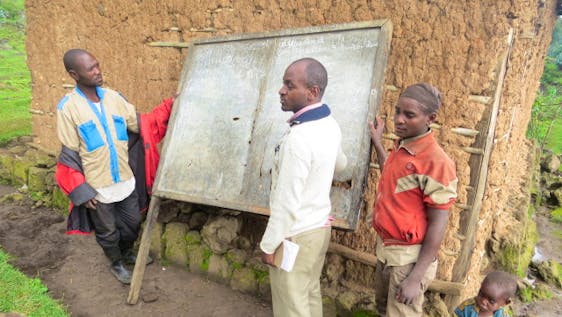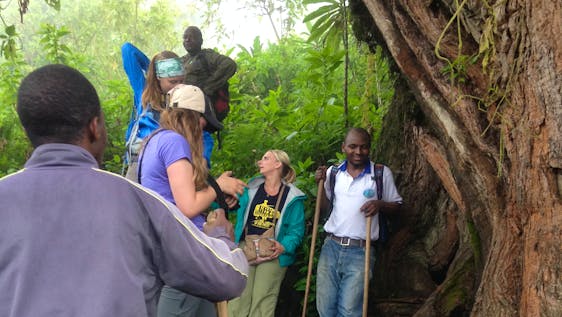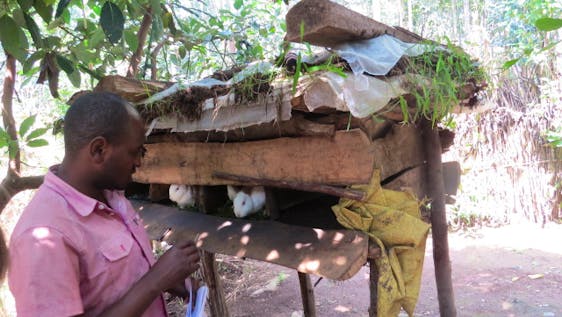ABOUT
PARTNERS FOR CONSERVATION
Partners For Conservation is a Rwandan charity that
was founded in 2014. It was registered by the Rwanda Governance Board as a
local non-governmental organization under nº343/RGB/NGO/LP/07/2018.
Its overall mission is to save a biodiversity legacy
through the promotion, protection and conservation. Partners For Conservation
serves as a platform that provides opportunities to everyone from farmers to businessmen; from children
to adults; from illiterates to academics; from low-income people to donors;
from volunteers to professionals, to appreciate and celebrate their
contributions towards the conservation of the biodiversity.
Objectively, Partners For
Conservation is dedicated to the extension and sharing of opportunities in
promotion, protection and conservation of biodiversity through Education,
Community Empowerment and Entrepreneurship, Public Health and Environmental
Justice.
PARTNERS
FOR CONSERVATION APPROACH
Partners For Conservation believes in the innate capabilities of every
human being in biodiversity promotion, protection and conservation. For this,
PFC advocates for a partnership of all stakeholder as an utmost requisite to
ensure a biodiversity legacy while driving feeling of responsibility and
ownership. Thus, the establishment of Partners For Conservation as platform
where every single contribution is accounted for. Partners For Conservation
believes that a such partnership remains a key drive of inclusive and
participation of all stakeholders in local needs assessment, designing
priorities and relevant strategies to address identified them. Our intervention
is driven by the desire of promote education so to build the capacity of locals
and raise their awareness to ensure they are empowered enough to actively
participate in community and conservation processes and are capable to
influence decisions affecting both the community and conservation welfare.
OUR
OBJECTIVES
Partners For Conservation is dedicated to the
extension and sharing of opportunities in promotion, protection and
conservation of biodiversity through Education, Community Empowerment and Entrepreneurship, Public Health and
Environmental Justice to allow all society members
to appreciate and celebrate their contributions towards the conservation
of the biodiversity.
PHILOSOPHY
At Partners For Conservation, we believe
in the innate capability of every human being to promote, protect and conserve
biodiversity. We aim at driving everyone’s appreciation and celebration of her/his contributions towards the
conservation of the biodiversity.
GOALS
Partners
For Conservation aims at preserving a legacy through the promotion, protection
and conservation of biodiversity.
Partners
For Conservation believes that everyone is born a conservator, and that only good
will and means make the difference. We work to serve as the only
platform through which; farmers to businessmen, children to adults, illiterates
to academicians, poor to wealthy people, volunteers to professionals, interns
to researchers are able to contribute towards a just world.
Currently, Partners For
Conservation is contributing to the promotion, protection and conservation of
national biodiversity through a holistic intervention axed on Conservation, Education,
Community Empowerment and Entrepreneurship, Public Health and Environmental Justice
activities to promote the social-economic integration of poor, vulnerable
and marginalized people surrounding the gorilla habitat.
One
of the national biodiversity flag-bear is Mountain gorilla (Gorilla beringei
beringei) one of the two subspecies of the eastern gorillas. One species is
found in the Volcanoes mountains of Central Africa within three National Parks:
Mgahinga in South-west of Uganda, Volcanoes in North West Rwanda, and Virunga
in Eastern Democratic Republic of Congo. The other is found in Uganda's Bwindi
Impenetrable National Park. According to the most recent census mountain
gorillas stands at an estimated 1,000 individuals (2018 gorilla census)
Despite being removed from the IUCN Red List of
critically endangered species, mountain gorillas remain endangered and their
survival remains dependent on conservation efforts. (I.U.C.N Red list, 2018).
This success is credited to a number of efforts by individuals and consortium
initiated to support conservation interventions such as; research and
monitoring of gorilla health, and improving social-economic living conditions
of communities surrounding the park.
For
its exceptional biodiversity values, in 1983 UNESCO added this park to the
International Man and Biosphere Reserves. Despite this, the park is
subject to a variety of serious and growing anthropogenic pressures largely
related to it being situated in one of the most densely populated parts of
Rwanda.
